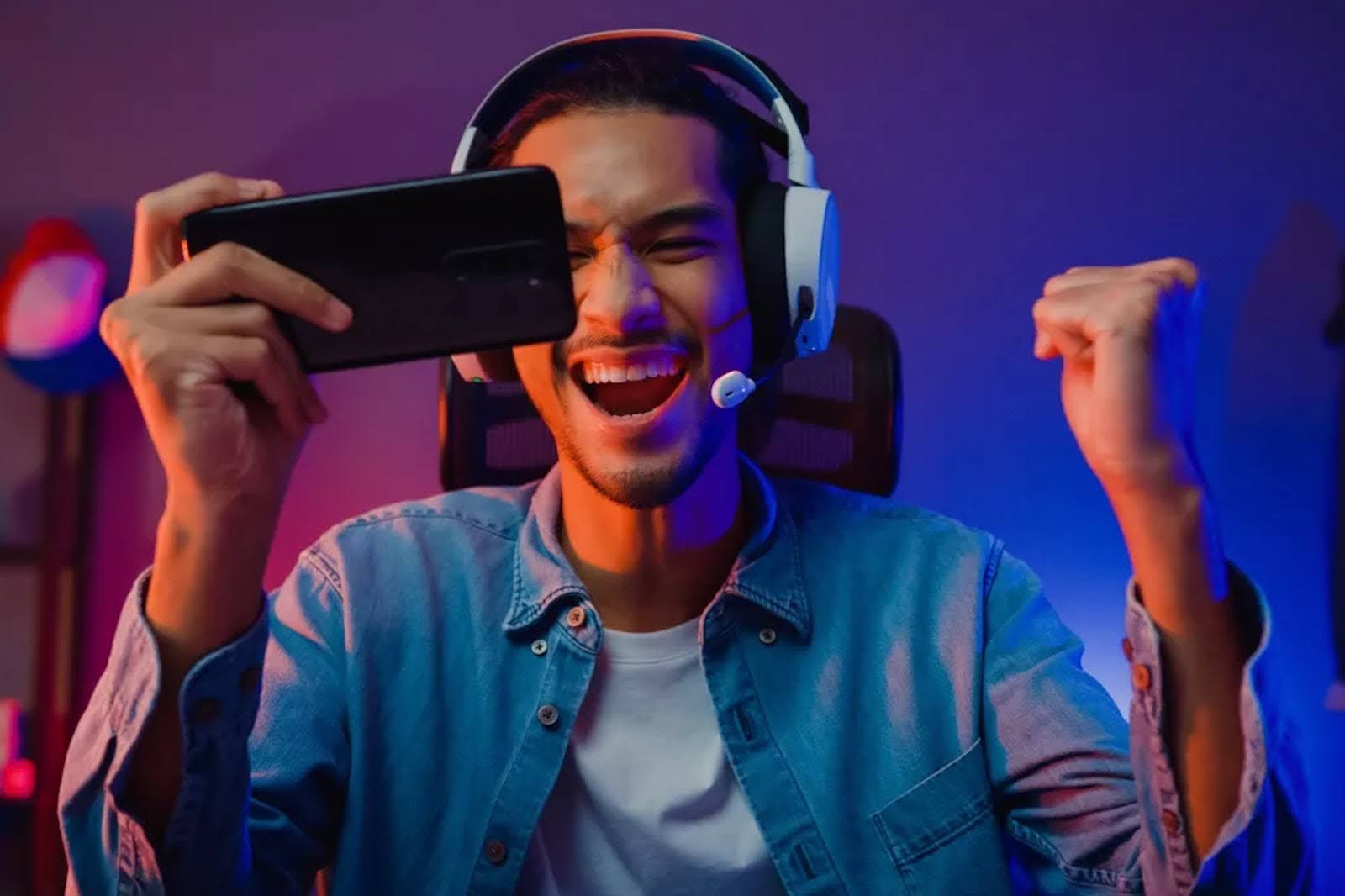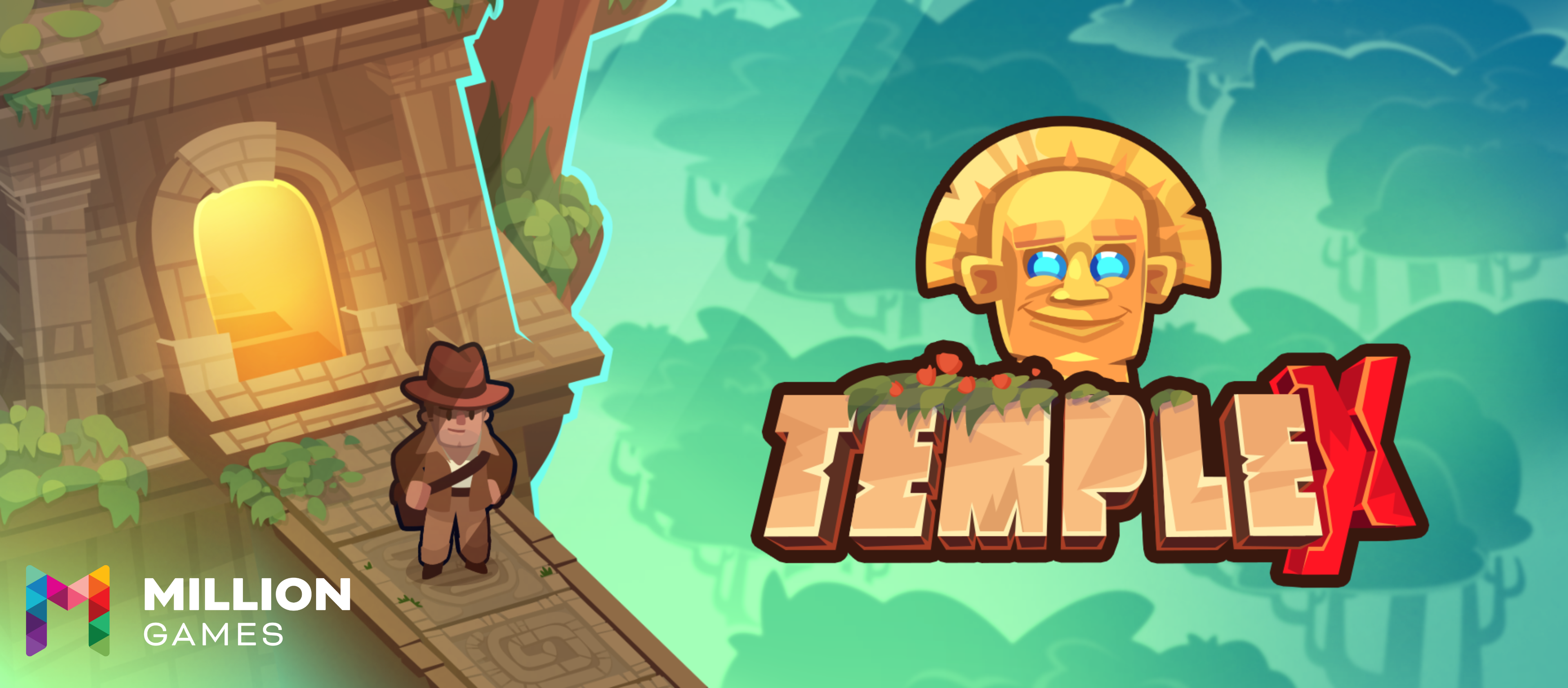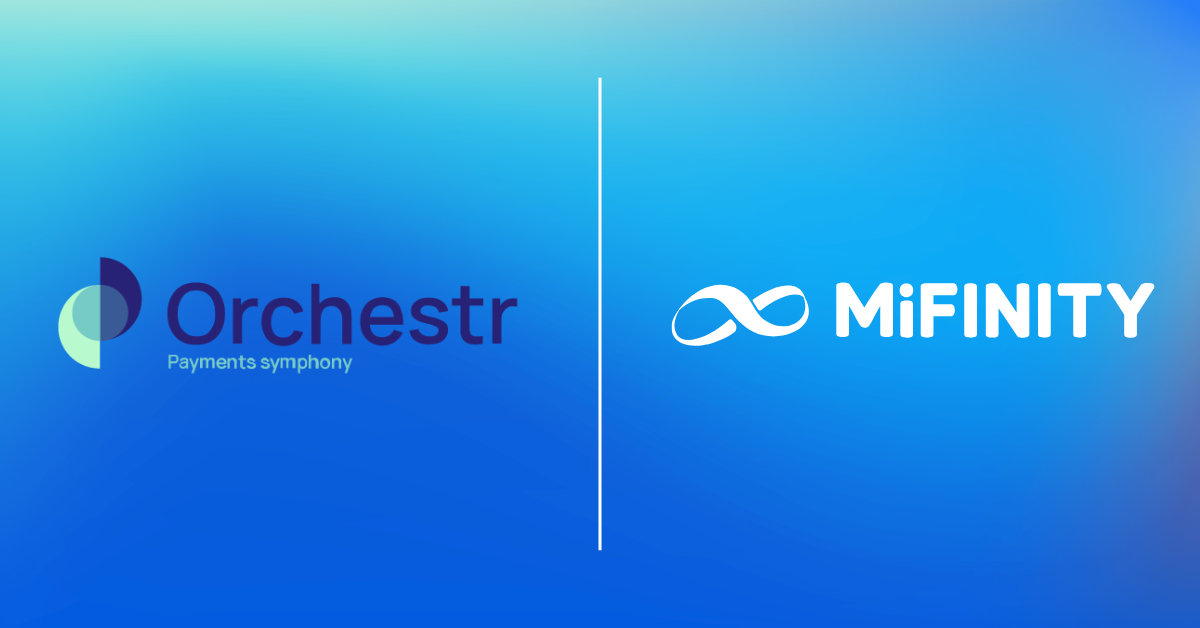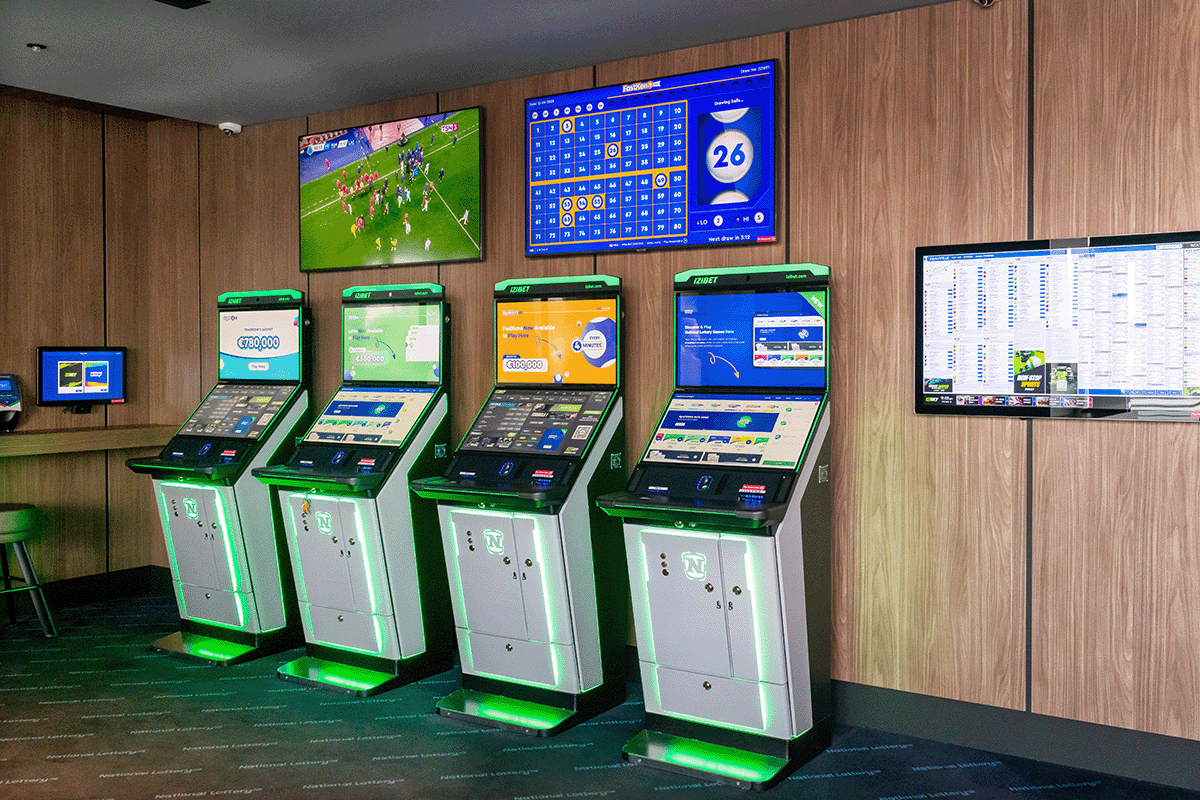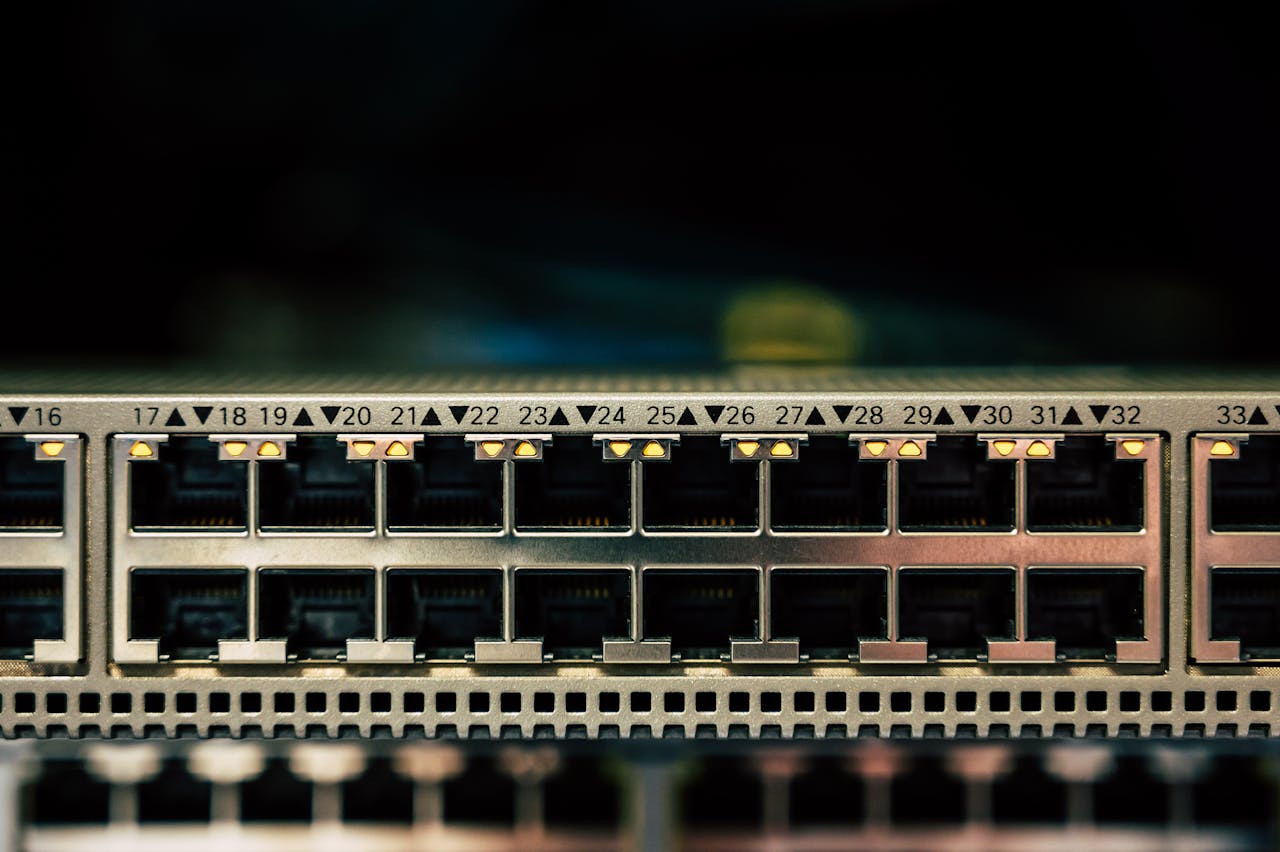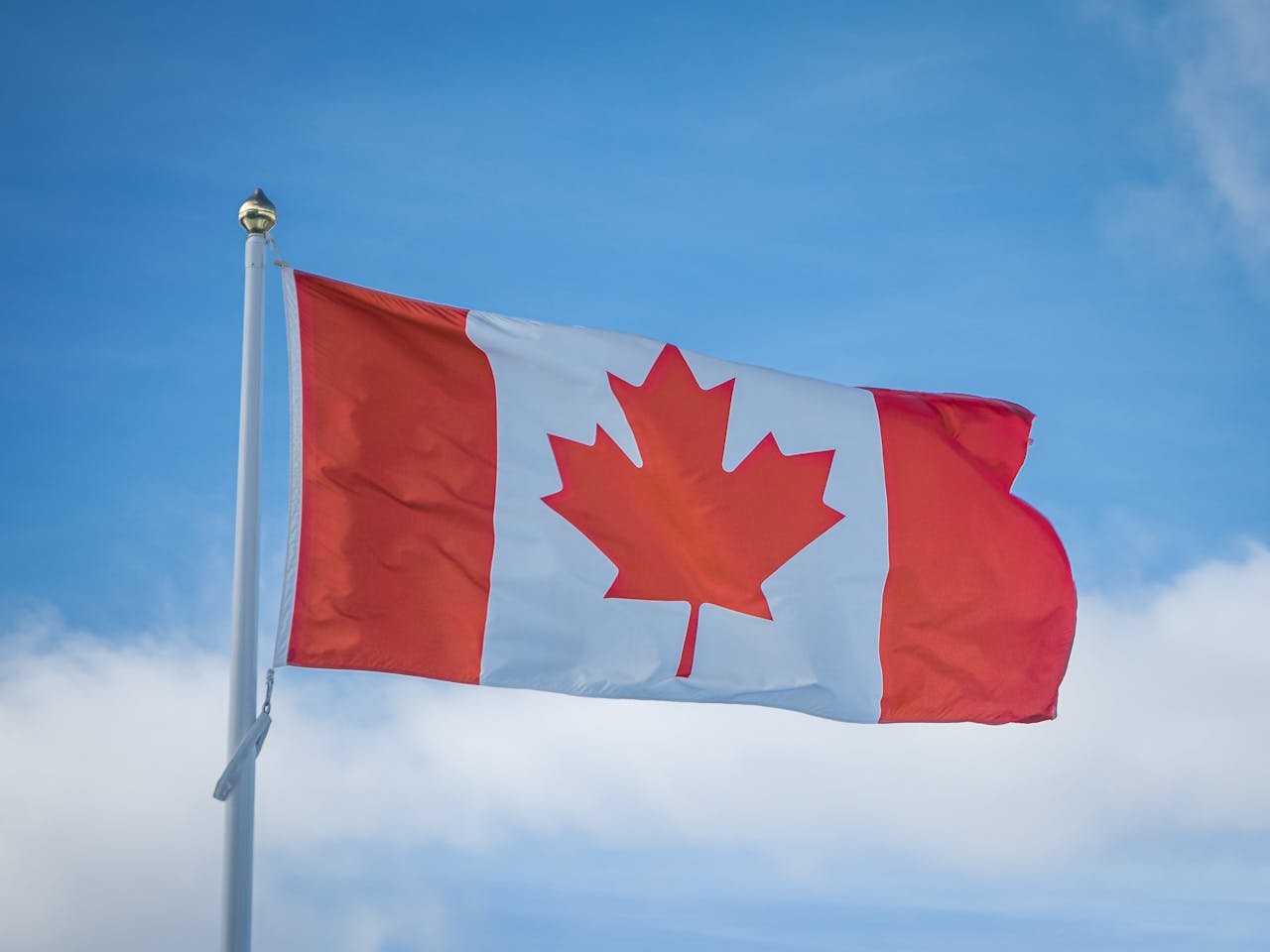Latest News
How iGaming Mechanics Are Influencing Other Industries
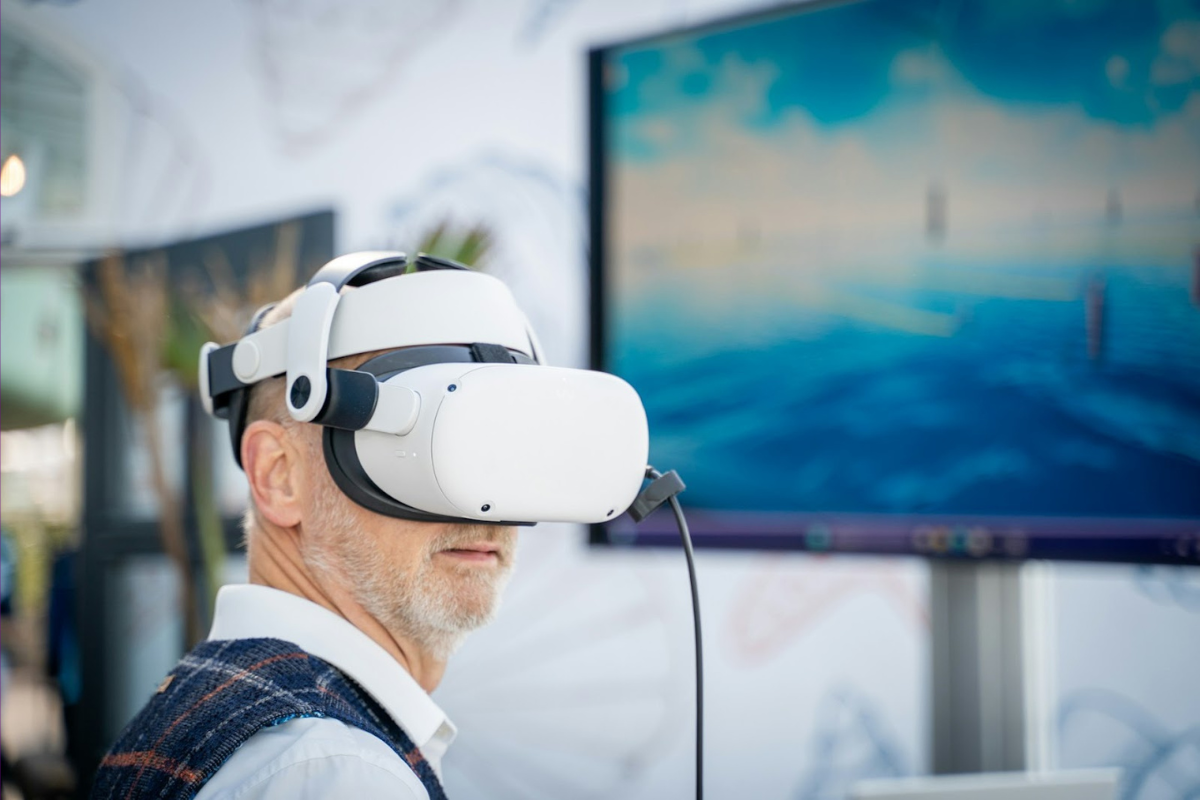
Gaming elements now shape experiences far beyond entertainment. Companies across sectors are adopting techniques from video games and gambling platforms to boost user engagement. This trend demonstrates just how powerful game mechanics can be when applied in non-gaming contexts, not just to entertain, but to influence behaviour, enhance learning, and deepen brand loyalty.
At its core, gamification refers to the use of game design elements in non-game settings. These can include point systems, badges, leaderboards, challenges, progress bars, and reward schedules. The approach taps into fundamental aspects of human psychology: our desire for achievement, our instinct for competition, and our enjoyment of rewards. It’s about making otherwise routine or challenging tasks more enjoyable and more motivating.
The digital age has significantly accelerated the reach of gamification. Online platforms make it easier than ever to implement and track game mechanics. Companies can now monitor engagement metrics in real time, run A/B tests, and continuously adjust strategies to suit user preferences. This data-driven feedback loop enables a more personalised and effective experience than traditional engagement methods.
The online gambling industry, particularly the iGaming sector, pioneered many of the techniques now seen elsewhere. Digital casinos were early adopters of reward loops, levelling systems, and customisable user journeys. Even a casino not on GamStop, designed for people who value privacy with no need to provide too many personal details, often features dynamic reward systems powered by AI algorithms. These platforms offer tailored bonuses, challenges, and loyalty points designed to retain user interest while maintaining compliance with responsible gambling frameworks. Regulated operators have had to refine these systems further, balancing immersive experiences with safety and ethical engagement standards.
Education is perhaps the most visible frontier for gamification. Platforms like Duolingo have transformed learning into an engaging, game-like experience. Language learners maintain streaks for daily participation and compete with others in league tables. The result is more consistent study habits and better retention. In fact, research suggests that gamified education can improve knowledge retention by as much as 40% over traditional instruction, especially when game elements are aligned with clear learning objectives.
Inside the workplace, gamification is reshaping how teams collaborate and stay productive. Agile development tools like Jira and Trello incorporate elements of gamification to help teams manage tasks and track progress. Project “sprints” mimic timed challenges. Visual boards show completed tasks, creating a sense of progress and accomplishment. Some firms go a step further, using plugins or internal systems that assign points to completed tasks, offer digital badges, or spotlight high performers. These strategies encourage ownership and build momentum, particularly in high-pressure or remote work environments.
In the retail world, gamification is evolving traditional loyalty schemes. Apps such as Nike Run Club and Starbucks Rewards offer more than just points. Nike encourages users to take part in virtual races and unlock achievements, fostering a community of runners who support and compete with each other. Starbucks’s gamified app uses tiered memberships and seasonal challenges to encourage repeat visits. These features keep customers engaged not just with products, but with the brand’s broader lifestyle identity.
Financial services have historically struggled to engage users, especially younger generations, with savings and investment. Gamified fintech apps like Acorns, Qapital, and Credit Karma have changed that. These apps help younger generations with their savings by using progress trackers, personalised challenges, and rewards to promote good financial habits. For instance, users may get digital “rewards” for meeting weekly savings goals or for improving their credit scores. These elements transform dry financial tasks into tangible goals and achievements.
Of course, not all gamification works. Poorly designed systems can feel manipulative or patronising, particularly if they overemphasise rewards or ignore real user needs. To be effective, gamification must offer meaningful challenges, appropriate feedback, and clear alignment with user goals. Transparency, respect for user agency, and adaptability are crucial to avoiding burnout or disengagement.
Looking ahead, the future of gamification will likely feature more personalised and immersive experiences. AI will enable systems that adapt to individual behaviours and preferences. Augmented reality (AR) could bring gamified elements into the physical world, such as workplace training simulations or real-world treasure hunts for product promotions. Meanwhile, blockchain may allow users to carry digital rewards or reputation scores across platforms, opening up new models for loyalty and community engagement.
The spread of game mechanics across industries reflects our intrinsic love of play, progress, and social connection. When used thoughtfully, gamification can turn the mundane into the meaningful, drive positive behaviours, and create lasting bonds between users and services. As the field matures, it’s moving beyond superficial gimmicks toward a deeper, more human-centred design philosophy, one that recognises play not just as entertainment, but as a powerful tool for engagement and change.
-

 Latest News6 days ago
Latest News6 days agoSlovakia Publishes Groundbreaking Report on Illegal Online Gambling
-

 Africa4 days ago
Africa4 days agoTanzania Gaming Board Warns Families About Risks Posed by Betting on PlayStation Games
-
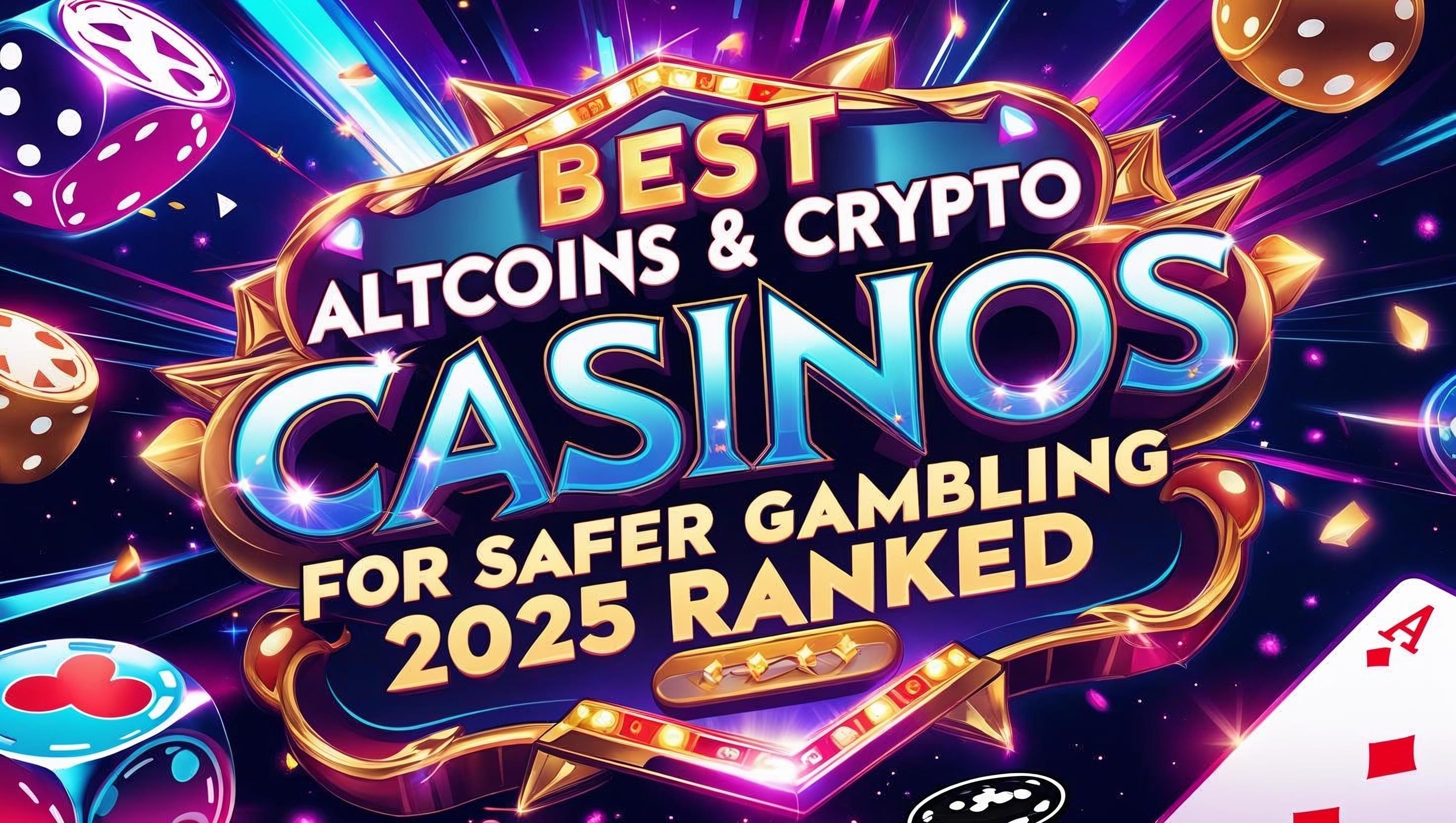
 Latest News7 days ago
Latest News7 days agoBest Altcoins & Crypto Casino Sites for Safer Gambling 2025 Ranked
-
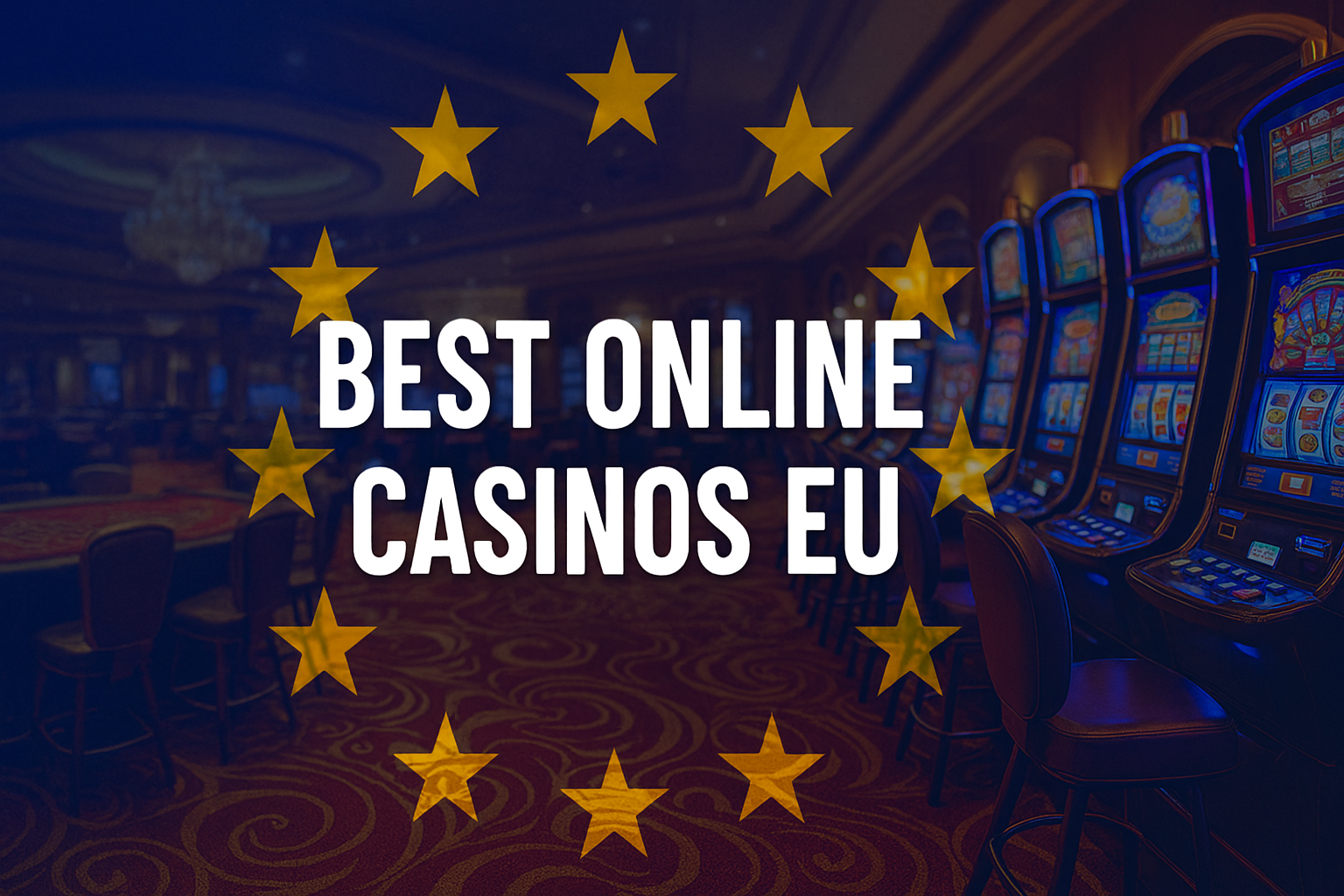
 Latest News7 days ago
Latest News7 days agoBest Online Casinos in Europe | Listed Top 10 European Casino Sites for 2025
-

 eSports7 days ago
eSports7 days agoLim “Ulsan” Soo-hoon Fights off the Competition to Reign as TEKKEN 8 at 2025 Esports World Cup Champion, Securing Back-to-Back EWC Titles
-

 Latest News6 days ago
Latest News6 days agoBest Gambling Sites For US Players: Top Real Money Online Casinos 2025
-

 Latest News7 days ago
Latest News7 days ago7777 gaming teams up with Winpot to enhance online casino experience in Mexico
-
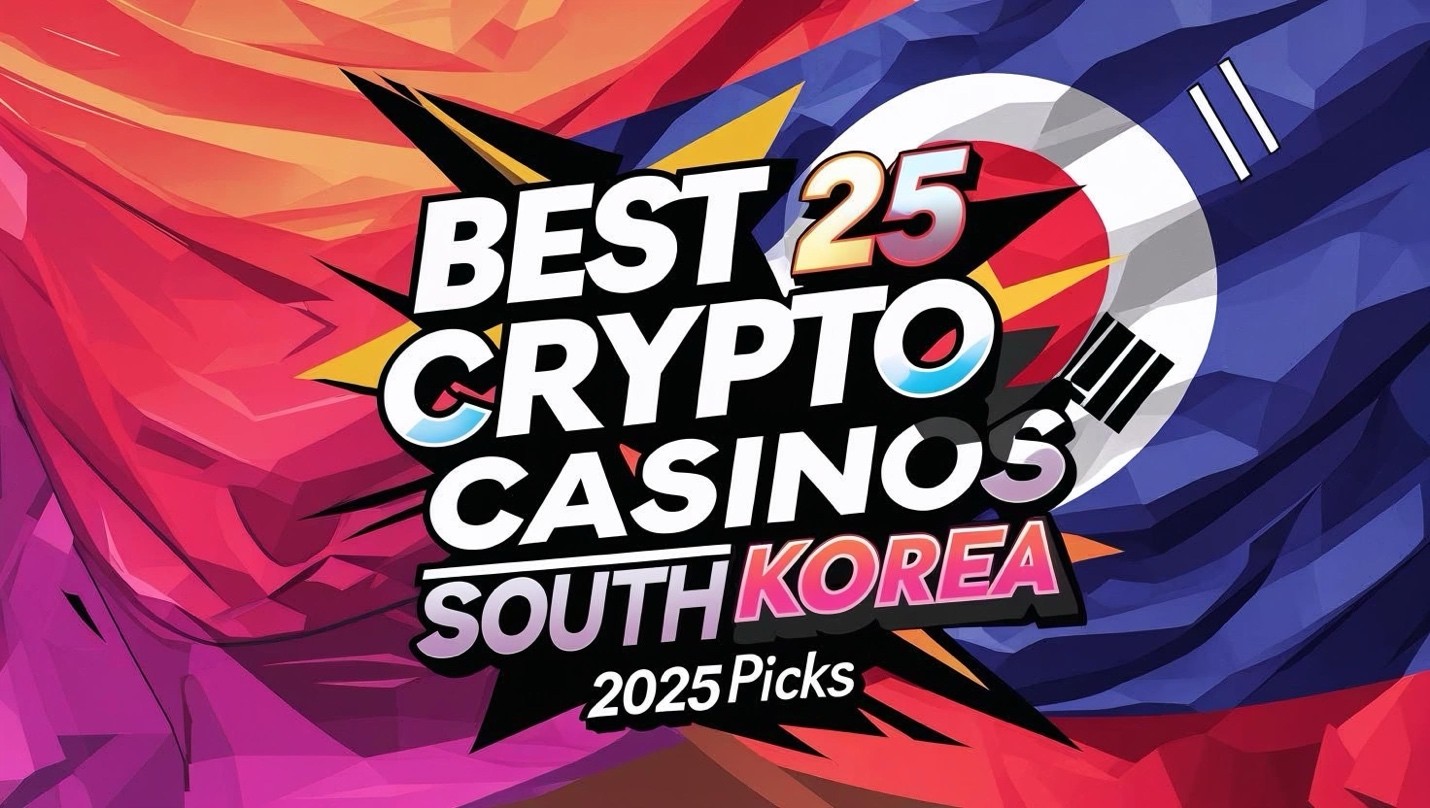
 Latest News6 days ago
Latest News6 days agoBest 25 Crypto Gambling Sites & Casinos for South Korea 2025 Picks







